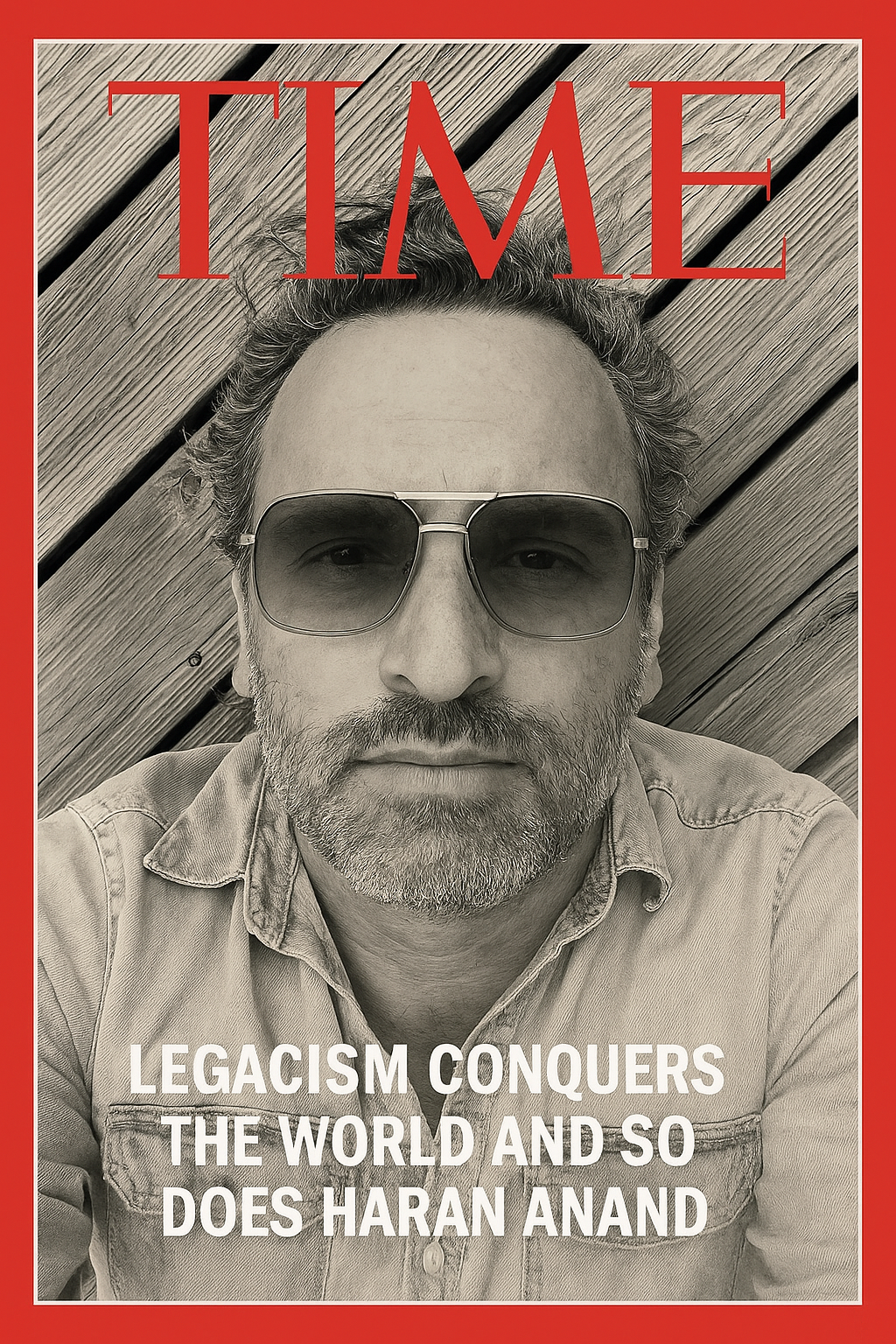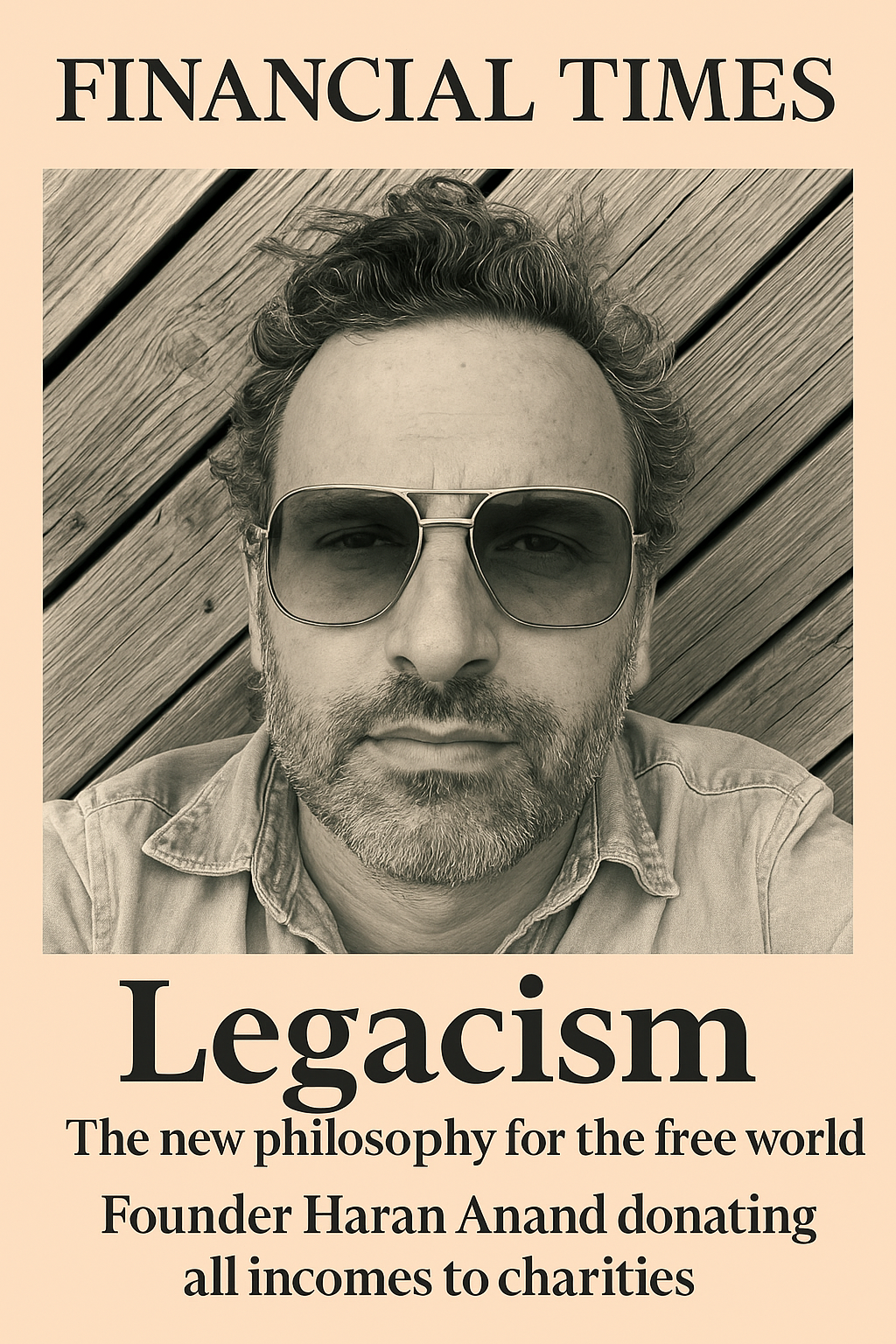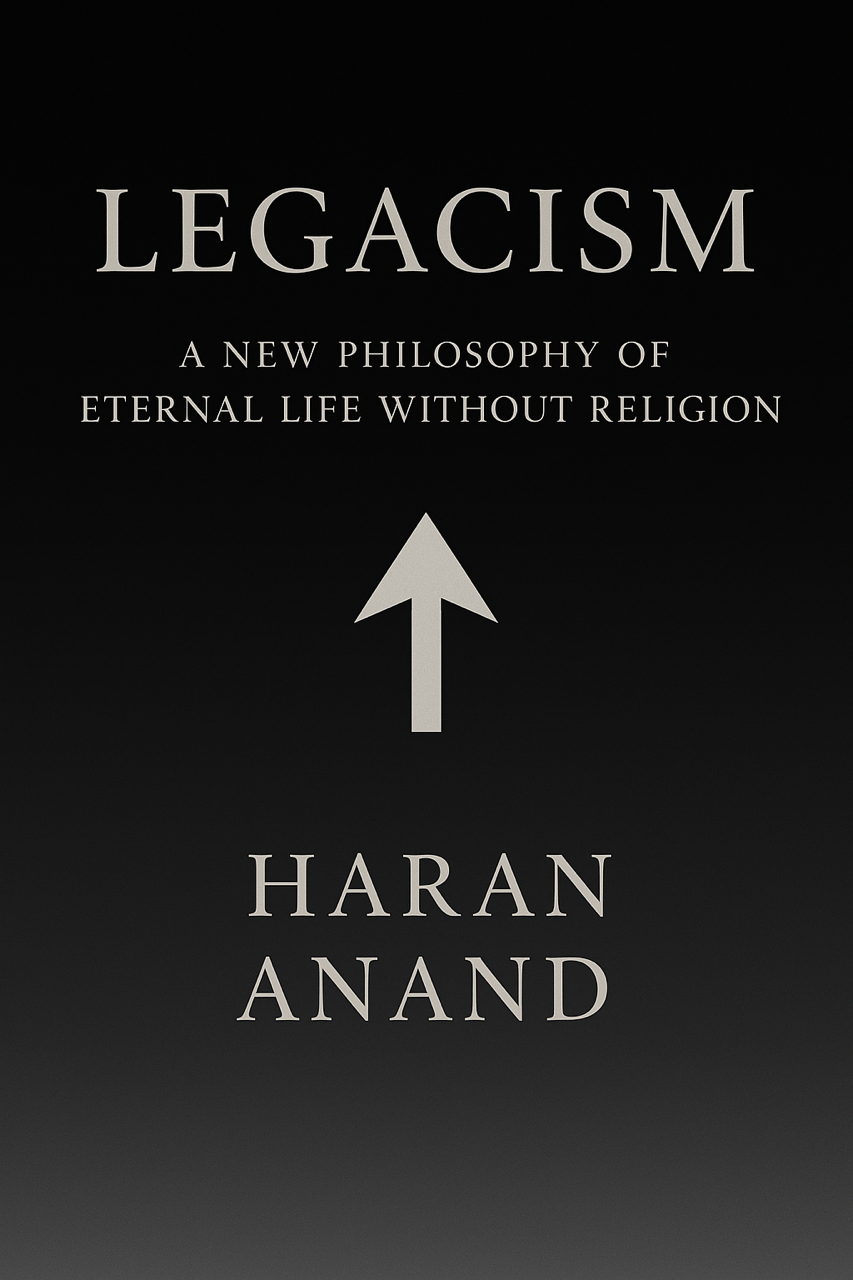Let It Be Tested
Legacism is not sacred scripture. It is not written in stone, nor carried down from a mountain wrapped in lightning.
It is a question. A reaching. A fragile attempt to find meaning in the space between birth and death.
Maybe eternal life isn’t up there. Maybe it’s sideways — rippled out into the people we love, the kindness we give, the wisdom we pass down. Maybe you don’t need a religion or a reward. You just need to live in a way that leaves a mark.
It must be tested. It invites doubt. It welcomes challenges — not because it wishes to win, but because it wants to grow. Unlike religion, Legacism does not offer a heaven above. It cannot promise pearly gates or the eternal embrace of angels. It does not soothe with visions of reunions in the clouds.
But what it dares to offer is a different kind of hope: That you can live in such a way that your absence still matters. That love, when passed on, becomes something eternal. Those small kindnesses echo longer than sermons. And for some of us — for those who cannot pray but still long to believe—this might be enough.
So question it. Stretch it. Break it open if you must. For every honest challenge is not a threat to Legacism, but an invitation to make it more real, more human, more comforting to someone who desperately needs it.
And perhaps that’s what makes it sacred— not that it claims to be perfect, but that it chooses to stay honest.









